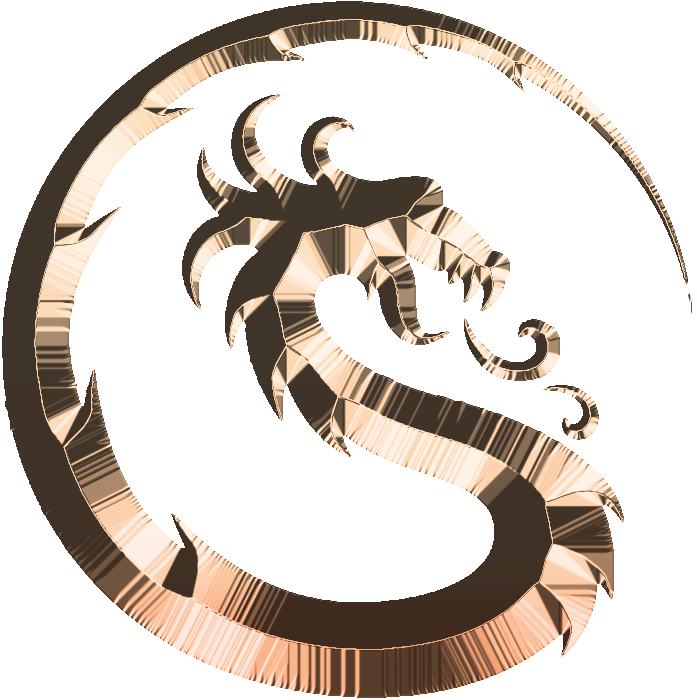This week it’s my pleasure again to feature a guest review from historical fiction aficionado Bill Brockman, a frequent contributor to the blog (you can read more about him here). In April, he reviewed Blood Eye by Giles Kristian, Book 1 of the Raven Trilogy. This time, Bill takes on Book 2 of the trilogy, Sons of Thunder. His review follows this very cool image of the book’s cover.
Sons of Thunder is the second volume of a trilogy. I reviewed the first book, Blood Eye a few months ago on Joseph’s blog.
Kristian seems to be hitting his stride with this second volume, and I found it better written and more entertaining than the first. The characters seem more fully developed, or perhaps now I’m just familiar enough with them. In that book, we met young Osric in a seaside Wessex village in 802, an orphan suffering from amnesia and shunned by the villagers for the red in one of his eyes. Osric’s unhappy life is forever changed the morning his dawn fishing trip to the shore is interrupted by the arrival of two dragon ships full of fierce warriors – Norsemen led by Jarl Sigurd.
When Sons of Thunder begins, Osric, now renamed Raven by Sigurd, is a seasoned “Sword Norse” accepted by the rest of the fellowship. Raven has already fought desperate battles, saved Ealdred’s son and rescued his daughter, and learned what appears to be his true heritage. The Norsemen are sailing their dragon ship “Serpent” in pursuit of Ealdred, the Wessex Ealdorman who has stolen the dragon ship “Fjord-Elk” along with a priceless book of the Gospels Ealdred hopes to sell to Emperor Karolus (Charlemagne) in Paris. Knowing his dragon ship far better than the Wessexmen who sail Fjord-Elk, Sigurd is confident he can catch Ealdred before he makes it up the River Sicuana (Seine) to Paris. On board Serpent with the Norsemen are Ealdred’s daughter Cynethrith, Wessex warrior Penda, and the monk Egfrith. All three have their reasons for siding with the Norsemen over the treacherous Ealdred.
Thus begins a fascinating adventure into the world of early 9th Century Frankia, part of the realm of the most powerful ruler since the collapse of the Western Roman Empire centuries before. Traveling first to Paris, their dragon head ships disguised as Christian vessels, via river, portage, and river again to Aix-la-Chapelle, the seat of the Empire, the Norse fellowship finds Egfrith an invaluable ally. Without his knowledge of the church – guided by his sincere faith and desire to convert the heathens – there is no way that such a crew would be allowed to roam the waterways of a Christian Emperor.
At Aix-la-Chapelle (now Aachen), they meet Karolus, who sees right through their ruse. He nevertheless fairly deals with the Norse and agrees to purchase the Gospel for a fortune in silver. At this point, as one might expect, things begin to go horribly wrong, leading to the taking by the Franks of Cynethrith, “for her own good”. Raven cannot of course let the young woman he has come to love fall into cruel hands. We are soon treated to desperate times and furious chases and near disasters as the Norse fellowship attempts to escape back to the sea with their crew, honor, and fortune intact. Along the way, they pick up some of Ealdred’s Wessexmen and some unfortunate Danes as allies.
As I noted in the first review, stereotypes are inevitable in this type of historical fiction, and indeed appear in this work. No one would put this trilogy in the category of a George R. R. Martin work, where no character is safe from sudden and unexpected death. Despite the desperate circumstances, we always know that Raven will survive (he’s the narrator telling the tale decades later) and we’re pretty certain Sigurd and some of the other main characters are along for the duration. This doesn’t diminish the pleasure of reading Sons of Thunder, as long as the reader understands. We do get to see some fascinating and well researched times and places that leap out from the dust of history.
One small thing made the scope of centuries vivid for me in particular. At a meeting with the Norsemen to discuss the Gospel book, Karolus notes that it is the Feast Day of Saints Crispin and Crispinian, which is the 25th of October. I was struck by the realization that this story takes place longer in time before the more famous “St. Crispin’s Day” in 1415 than does the Battle of Agincourt from today. This is thought provoking, at least to your reviewer.
I already have the 3rd volume, Odin’s Wolves and look forward to reading and reviewing it. I recommend this trilogy to any lover of historical fiction.
Thanks to Bill for the great review! I just picked up Sons of Thunder on Kindle and look forward to reading the trilogy . . . whenever I finish my summer reading list . . .


Bill
June 25, 2014 - 8:09 am ·My pleasure, Joe. It was a nice touch linking my mention of the 1415 Battle of Agincourt to your earlier review of Cornwell's novel.
obat darah tinggi
June 27, 2014 - 3:13 am ·sons of thunder is percy jackson 😀